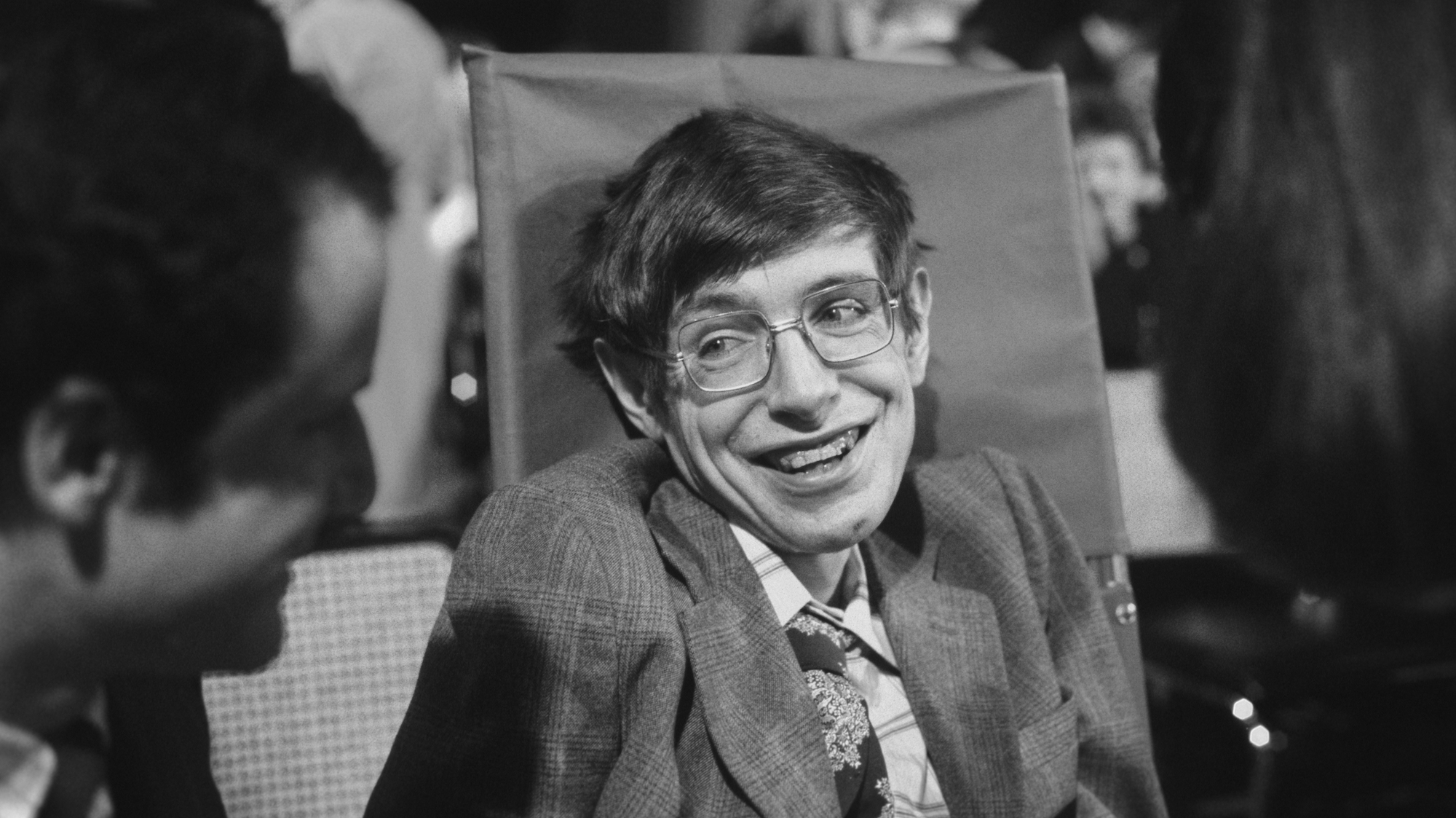“There is No God,” says One of the Smartest Men Ever
There is no God. These four words have been declared by some of the most brilliant individuals who have ever lived. Stephen Hawking, the theoretical physicist who became even more well known for refusing to let his paralysis (Lou Gehrig’s Disease) hinder his work, passed away earlier this year.
In his final book, which was published posthumously, he proclaimed there is not even a possibility that God exists. Of all the words Hawking could’ve left the world with, “There is no God” are the ones he chose.
This is quite a confident statement. It’s true that even for those who have faith there are moments of skepticism and unbelief. But if I were to ask most atheists, I wouldn’t be surprised if many refused to rule out the mere possibility of a God.
Everyday people are told to find reasons for their opinions. So you support gun control? Okay, why? You don’t support Trump? Cool, you and most of America, but are you actually able to list things he’s done that you don’t like?
Developing reason is encouraged, because even if people disagree with you, it’s better to have a reason for an opinion than to hold an opinion backed with no reason at all.
Since denying God’s existence was one of the final bombshells Hawking left behind, it must have been something he was pretty adamant about. As a scientist, he found no logical explanation for a God and therefore decided there mustn’t be one at all.
In an interview he stated, “God is the name people give to the reason we are here, but I think that reason is the laws of physics rather than someone with whom one can have a personal relationship.”
But, I wonder. I wonder if Hawking yearned for a God. Not as a scientist who needs cause, but as a man who needs God. I wonder if he was so wrapped up in finding evidence for existence that he missed out on discovering a God that exists as well. I wonder if he was so focused on looking at the world around him, that he forgot to look at himself. Hawking lived 50 years longer than he was supposed to with his disease. During this time he became a household name and a modern day Einstein. Yet out of all the things he theorized, nothing proved why he had lived so long on borrowed time, allowing himself to contribute to the scientific world in the first place.
To me, there is a simple explanation. There is only One who can defy the laws of medicine and science alike. And maybe, just maybe, if Hawking had allowed himself to discard reason for just a moment, he would’ve realized that too.
Juliet Bromme is a freshman studying graphic design.


